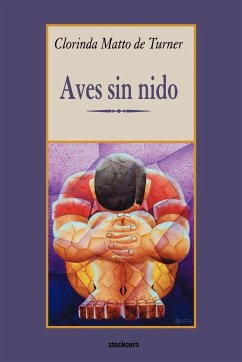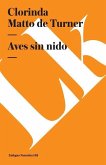Clorinda Matto de Turner's classic novel in a new, annotated edition. First published in 1889, Aves sin nido drew fiery protests for its unsparing expose of small town officials, judicial authorities, and priests who oppressed the native peoples of Peru. Matto de Turner was excommunicated by the Catholic Church, burned in effigy, and forced to emigrate to Argentina. In 1904, the novel was published in an English translation as with a modified ending. Successive English editions restored the original ending and translator's omissions. This edition follows the original version in Spanish, but comprises no less than 332 notes, adding more than 270 to the author's own 58 lexicographic annotations on Quecha and Spanish unusual terms, so necessary to grasp the real power of her prose. This annotated edition constitutes an important reading for all students of the indigenous cultures of South America.








